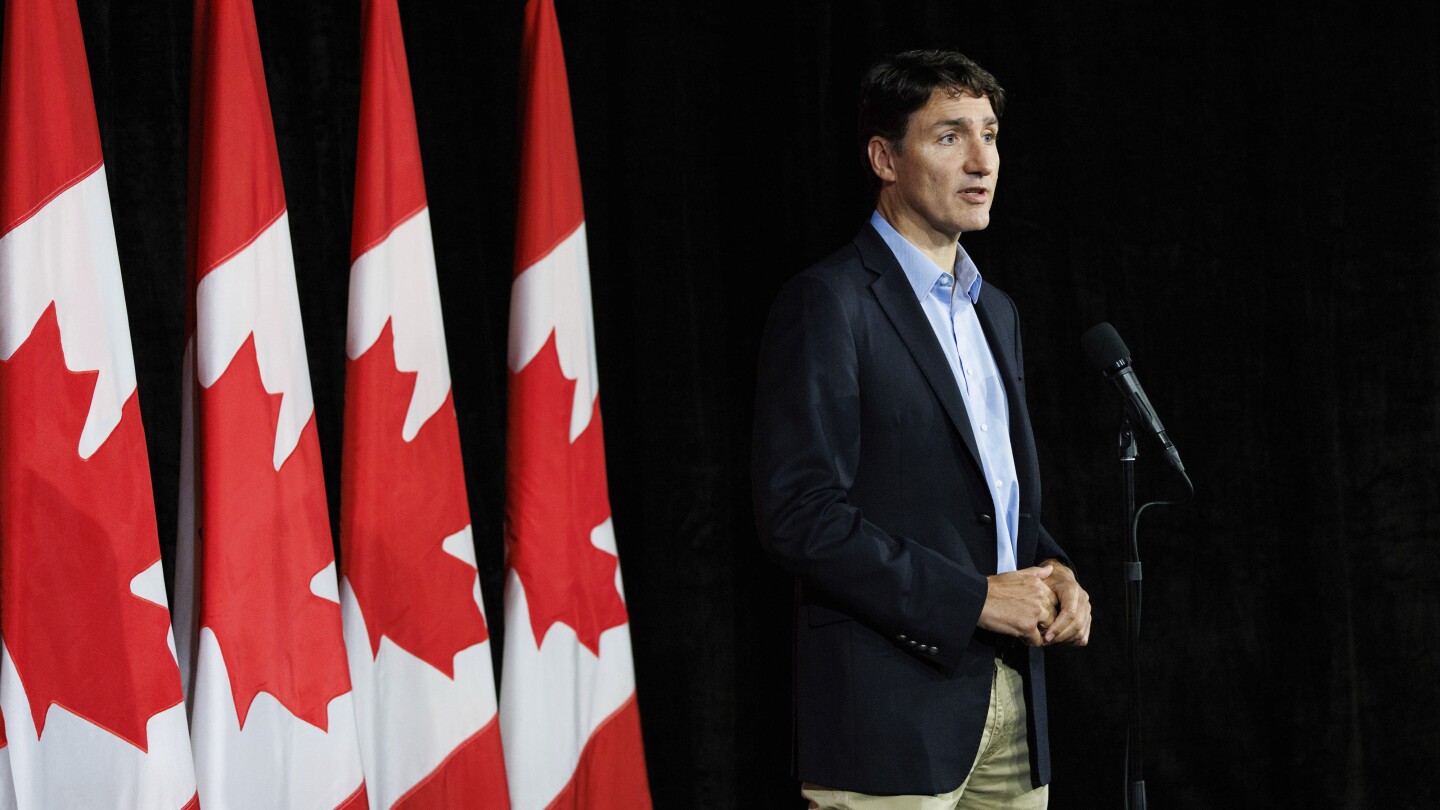Canada’s government on Monday announced it is imposing a 100% tariff on imports of Chinese-made electric vehicles that matches U.S. tariffs and follows similar plans announced by the European Commission.
The announcement followed encouragement by U.S. national security advisor Jake Sullivan during a meeting with Canadian Prime Minister Justin Trudeau and cabinet ministers on Sunday. Sullivan is set to make his first visit to Beijing on Tuesday.
Trudeau said Canada also will impose a 25% tariff on Chinese steel and aluminum.
“Actors like China have chosen to give themselves an unfair advantage in the global marketplace,” he said.



That’ll help prices remain competitive…Right?
It will help keep prices competitive in the long term. Chinese EV makers aren’t competing in a free market as they are heavily subsidized by the government. It’s no different from what Silicon Valley VCs do, pump loads of capital into a new industry so that it’s difficult for any competitors to emerge. Once a company has a monopoly on a market innovation suffers, products stagnate or actively get worse, prices increase with a lack of competition, and the consumer suffers. In the case of EVs, there is the added issue of manufacturing capacity which is important for security. While I would love a cheap new EV now, I would prefer for my children to have sustainable cheap EVs in the future.
So what is stopping canada from subsidizing our own cheap EVs?
Oil companies and the ICE manufacturers that rely on them.
Changing production lines to EVs is expensive, and they want profits now. Not later. Line must go UP
We are.
Canada’s PBO estimates total corresponding government support (for EV capital and operating expenses) to be up to $52.5 billion Source
My issue is more along the lines of our government making policies like these while refusing to enact policies to help with the overall cost of living. You’re not wrong about what the Chinese subsidies and I know one can say “Well you can focus on both”. It’s just that I see more of a focus on the one issue and not both. So when they take something affordable, jack up the price, and do nothing to help with the overall affordability in our day to day lives; I just feel like that’s a slap in the face.
The majority of the cost of living stuff needs to be solved at the provincial and municipal level, you should learn about the different powers each level has.
I did. I also know that a lot of the major changes done by the provincial and municipal governments come from federal funding.
I know premiers like Doug Ford are just as responsible for this predicament, if not even more. I’m just saying the federal government can do more than it currently is.
Not without infringing on provincial and municipal powers and you shouldn’t be in favor of that because the closer a government is to you the more power you have over it.
I’m not saying they step in and do it for them. I’m saying they help fund it. Provincial funding is limited. For big projects, it almost always includes federal funding.
Funding it is overstepping, if the federal government has enough money to fund things that fall under provincial jurisdiction it only means you’re paying too much federal taxes.
You’re welcome to think that. Just understand that’s not actually what’s happening. A lot of projects have funding at the federal level.
https://housing-infrastructure.canada.ca/plan/icip-proj-piic-eng.html
Here’s the list if you don’t believe me. You can filter by province if you’d like.
“China isn’t operating as a free market like we do, this is just like what silicon valley does in our free market”
Silicon Valley which is also heavily subsidized by the US government.
That’s a strawman. I never said the US was operating in a completely free market, I used the VC example because it’s relatable. We all remember when Uber and Amazon were cheap and we were told that these new cheap prices were the new norm. Then the VC capital ran out in the case of Uber and the online market was monopolized in the case of Amazon and the prices are now higher because existing competition was destroyed.